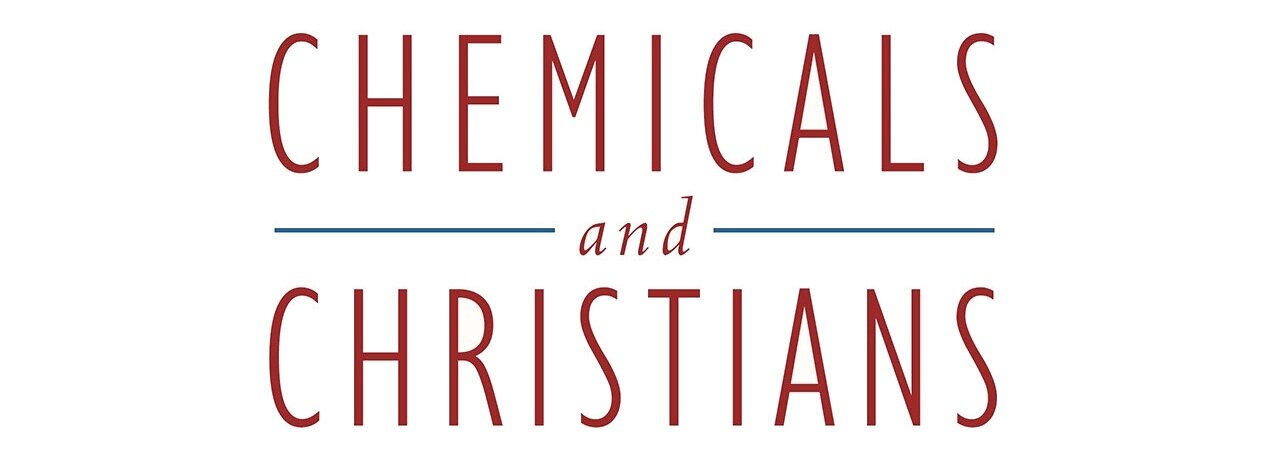I’ve been writing this post in my head, wondering when the best time would be to share it. When will everyone staying home because of COVID-19 find the novelty wearing off? When will most people really start to feel the challenge of seeing the same walls day after day, of feeling isolated and alone, of realizing the world is full of airborne threats to be dodged and managed?
This could be an important opportunity for the chemically ill community – maybe the closest we’ll ever get to being understood by the healthy population. It seems like a good time to play a game of “What If.” Here goes.
What if you had to stay home to avoid the virus, not only for weeks or months, but for years, even decades, on end?
What if people who were immune to the virus (or thought they were) put it in the air intentionally? What if they rubbed it on their bodies and infused their clothes with it and sprayed it in public buildings and in their homes and yards?
What if people constantly told you or implied that you were exaggerating the problems the virus could cause or that your beliefs about it were a sign of mental illness? What if they told you over and over again that it wouldn’t affect you if you didn’t believe it would? What if there was a powerful, well-funded virus lobby that worked hard to shape the opinions of medical professionals, employers, and the general public?
What if the “We’re all in this together” mantra wasn’t true? What if you were one of a minority of people who had to stay home? What if most people were out living their lives and were too busy to find ways to include you?
What if you had been staying home alone for years, asking businesses, medical facilities, schools, churches and other organizations if they could either provide a virus-free space or online connection options, but they ignored you? What if many people were suddenly forced to stay home for a while, and online opportunities instantly appeared?
How would you feel? What would you hope others would do in the future? Replace the word “virus” with “chemicals” and you have the reality that those of us with chemical illness face. We try to find or create safe spaces and we shelter in them, working hard to keep them untainted as toxins are introduced from the actions and choices of others. When we leave our homes, we protect ourselves as best we can, but instead of being worried about potential future problems, we often experience symptoms, sometimes excruciating and life-threatening ones, immediately on being exposed. As with virus prevention, we’ve learned that the easy solutions (masks and air filters) aren’t enough and that we can only stay well if others take the problem seriously, too.
I want your life to improve, but I also want you to remember how you feel now. Human nature being what it is, though, I’m afraid you won’t. Recently I’ve been learning about the hot-cold empathy gap. The term describes the fact that when we’re in a “hot” state (being driven by visceral forces like anger, hunger, sexual desire, etc.) we have trouble remembering what it’s like not to be in that state and vice versa. It leads to a lack of empathy both for ourselves and for others. Right now you have a taste of the frustration, anxiety, and loneliness we experience, but once things calm down, the memories and empathy will fade.
Because of that, I’d like to ask you to act now to make some changes. There are two avenues of change needed. We need more safe spaces we can enter in person, and we need more online connection options.
What can you do now to make your home and other spaces more healthy and accessible? Can you remove fragranced products? Can you switch to safer cleaners? Can you change the way you deal with bugs and weeds?
How can you increase online connection options? Workplaces, schools, and churches have all discovered that the technology isn’t hard to master. You’ve proven you can do it. The trick is that what works when everyone is logging into a meeting from their own computer doesn’t work as well when most people are in one room and there are one or two trying to access the meeting from elsewhere. Sometimes only the person leading the meeting can be seen and heard by the online participants, which makes group discussion problematic. I would tell you what the best options are for combating the issue if I knew. I believe a multi-directional microphone is part of the answer. If someone with experience in what works would provide the information in the comments section, I would very much appreciate it. (If you comment on the blog itself rather than on Facebook or Twitter, more people will be able to see it.)
The book of Genesis tells us about Joseph, whose life fell apart to the point that he ended up in prison, through no fault of his own. Pharaoh’s cupbearer ended up there, too, and Joseph interpreted a dream for him and predicted that he would soon be released and back in Pharaoh’s good favor. Joseph had a request for his fellow inmate: “When all goes well with you, remember me and show me kindness; mention me to Pharaoh and get me out of this prison” (Genesis 40:14). Verse 23 tells us what happened when the cupbearer was released: “[He], however, did not remember Joseph; he forgot him.”
We in the chemical illness community are like Joseph. Suddenly the cells are full of people who will soon be released. We’re asking, pleading, begging, “Please, remember us when you’re free again and show us kindness. Help us get out of our prison.”
What if you acted now to make changes? What if you didn’t forget us when your life opened up again? What if?



